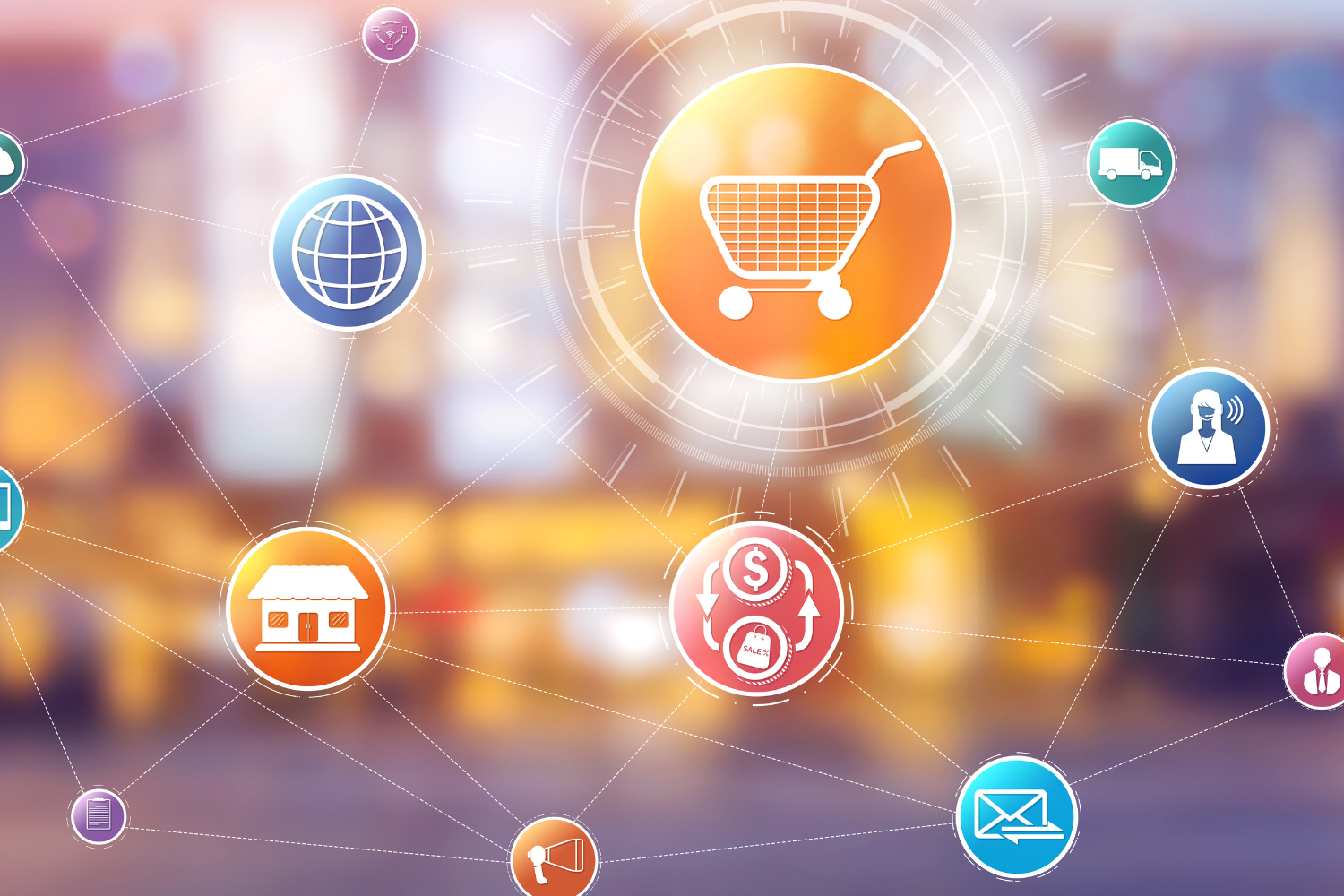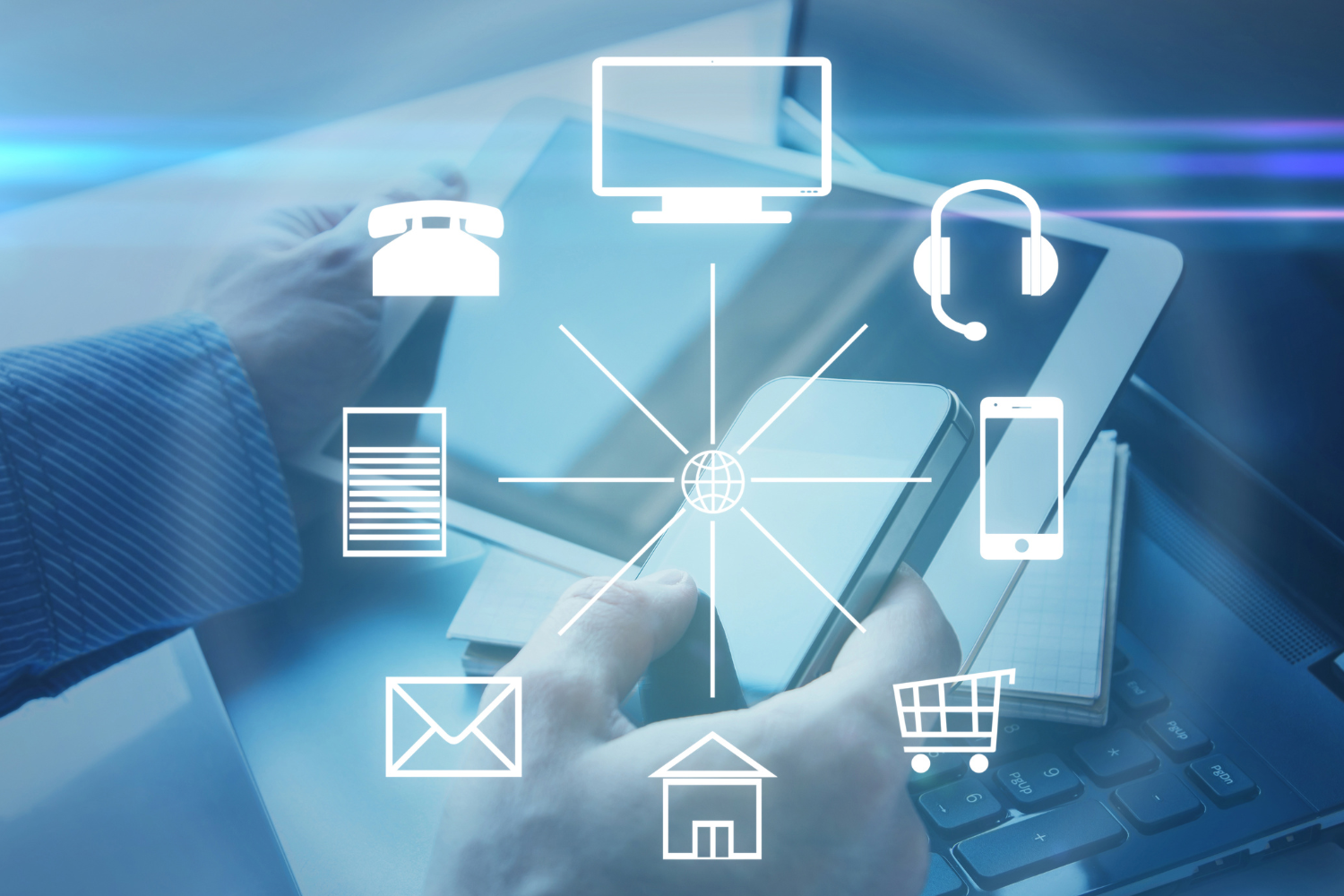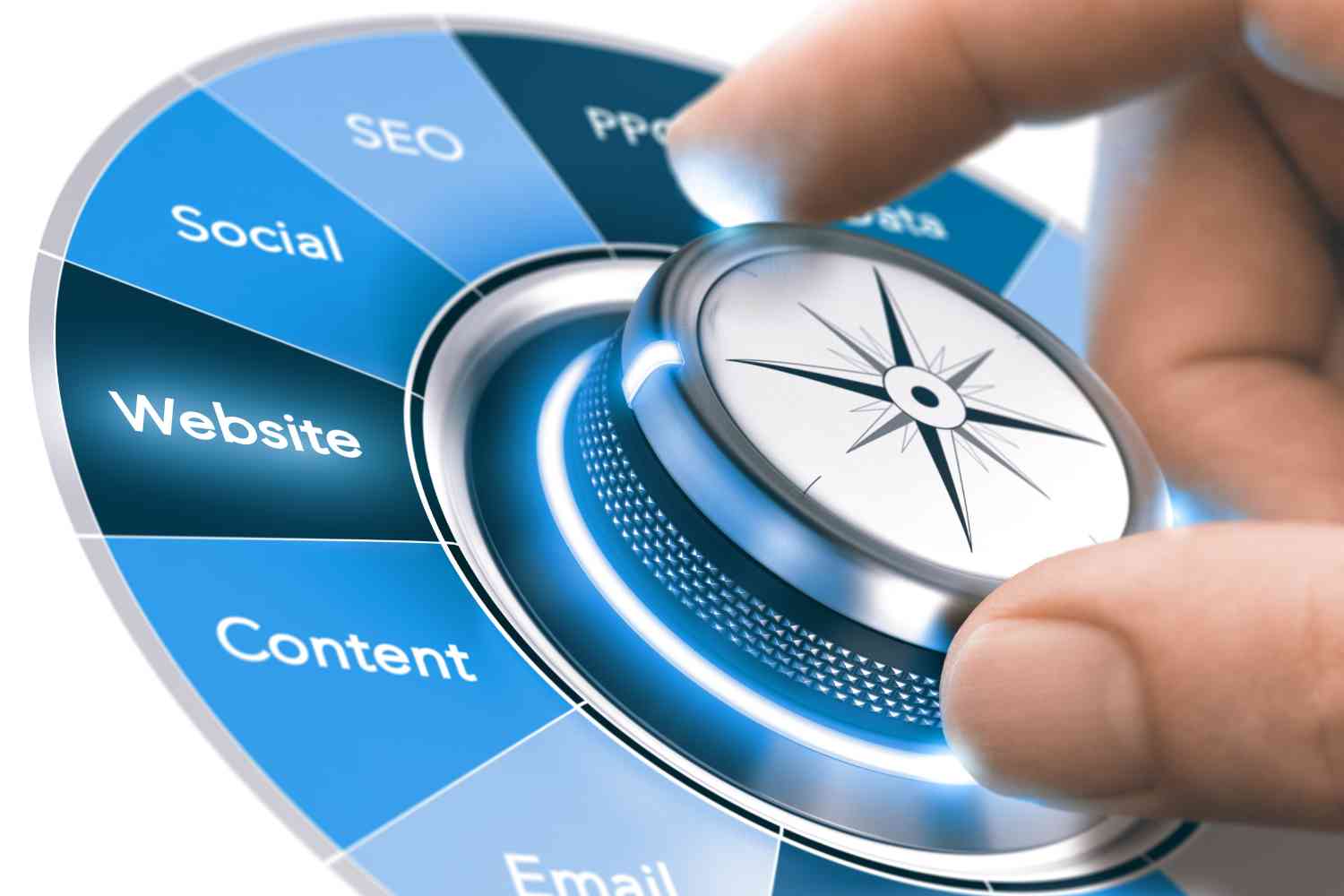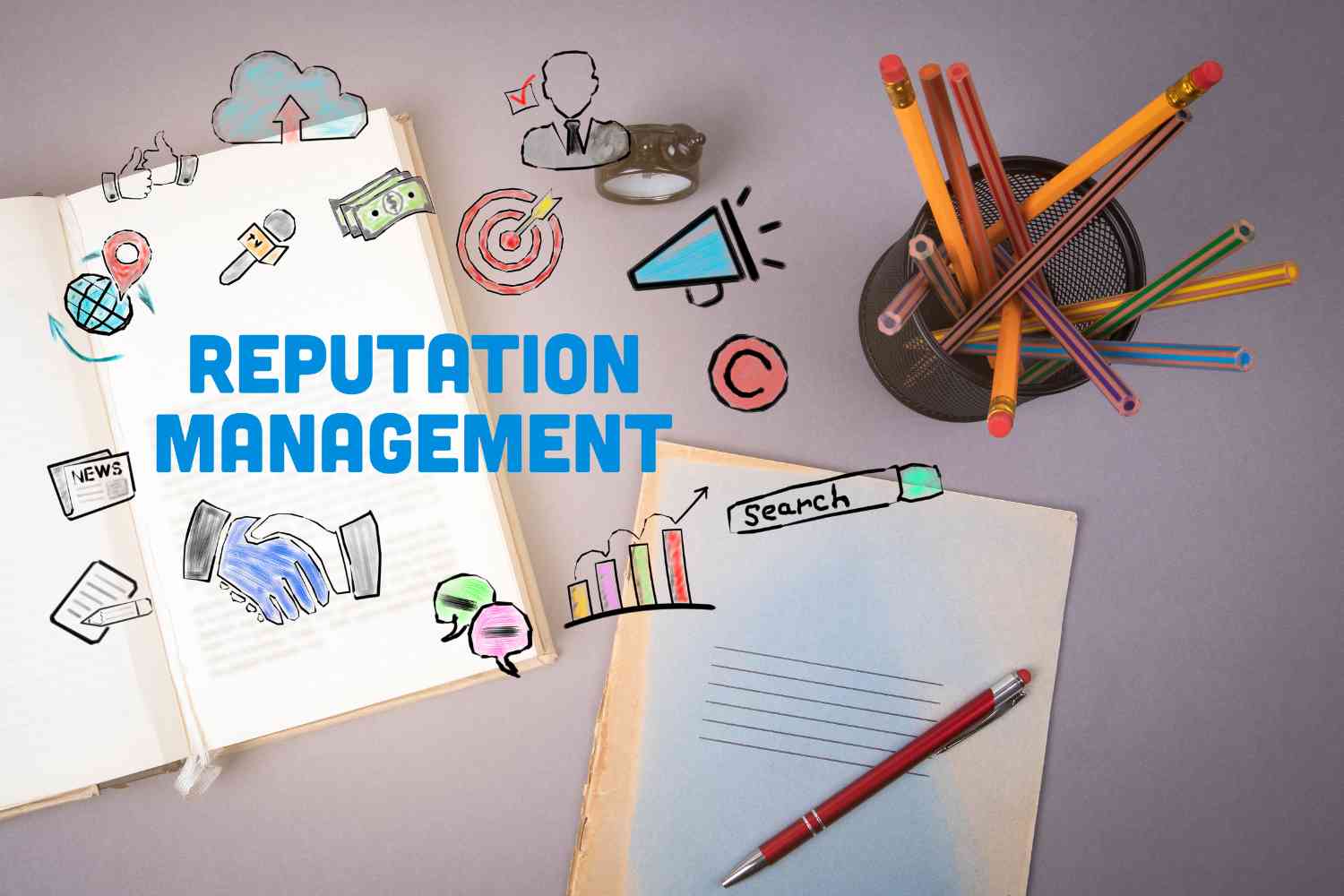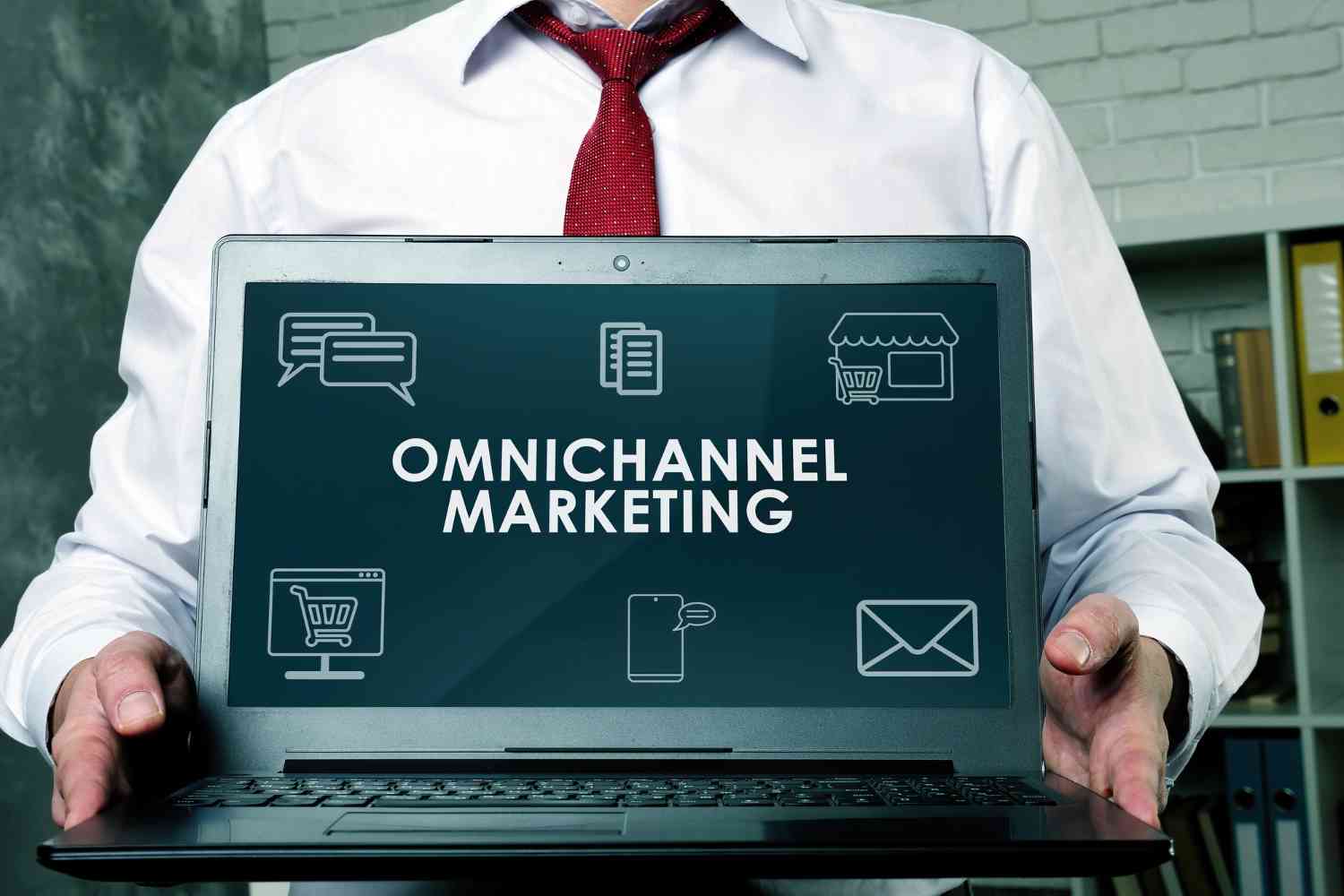In today’s fast-paced digital landscape, businesses are constantly seeking innovative ways to engage with their customers and deliver exceptional experiences. One of the key strategies that have gained significant traction is the concept of omnichannel marketing. When combined with robust tools like HubSpot, this approach can be a game-changer in creating seamless customer experiences that drive loyalty and growth. In this article, we will delve into the world of omnichannel marketing, its benefits, and how HubSpot can serve as a powerful ally in achieving omnichannel success.
Understanding Omnichannel Marketing
Omnichannel marketing is more than just a buzzword; it’s a strategic approach that revolves around providing customers with a consistent and integrated experience across all touchpoints and channels. Unlike multichannel marketing, where brands might use various channels in silos, omnichannel marketing aims to break down those barriers and create a unified, cohesive journey for customers, regardless of how or where they interact with the brand.
This approach recognizes that customers today have the freedom to engage with businesses through multiple touchpoints such as websites, social media, email, mobile apps, physical stores, and more. An omnichannel strategy seamlessly connects these touchpoints, allowing customers to transition between them effortlessly. Whether a customer starts their interaction on social media, continues on the website, and later completes a purchase through a mobile app, the experience should feel consistent and connected.
The Benefits of Omnichannel Marketing
- Enhanced Customer Experience: The primary benefit of an omnichannel approach is an elevated customer experience. When customers feel understood and valued across every interaction, they are more likely to become loyal advocates for the brand.
- Increased Engagement: By engaging customers through their preferred channels, businesses can increase engagement rates. This proactive approach demonstrates that the brand values the customer’s preferences.
- Improved Data Utilization: Omnichannel strategies generate a wealth of customer data. HubSpot’s robust analytics and reporting capabilities can help businesses make sense of this data, providing insights to refine their marketing strategies further.
- Higher Conversions: With consistent messaging and a seamless experience, customers are more likely to complete their desired actions, whether it’s making a purchase, signing up for a newsletter, or requesting more information.
- Brand Cohesion: Omnichannel marketing ensures that your brand identity remains consistent across all touchpoints, reinforcing brand recognition and recall.
HubSpot: Empowering Omnichannel Success

HubSpot, a leading customer relationship management (CRM) and inbound marketing platform, is uniquely positioned to support businesses in their pursuit of omnichannel excellence. Here’s how:
- Unified Customer Data: HubSpot’s CRM consolidates customer data from various sources, enabling businesses to have a single, comprehensive view of each customer’s interactions and preferences. This data forms the foundation for creating personalized, relevant experiences.
- Personalization at Scale: The key to successful omnichannel marketing is personalization. HubSpot’s tools allow businesses to segment their audience and tailor their messages to individual preferences, ensuring that the right message reaches the right person at the right time.
- Multichannel Distribution: HubSpot supports multiple communication channels, including email, social media, web chat, and more. This enables businesses to engage with customers through their preferred channels while maintaining a consistent brand voice.
- Marketing Automation: Automation is a crucial component of omnichannel success. HubSpot’s automation features allow businesses to trigger actions based on customer behavior, ensuring timely and relevant interactions.
- Reporting and Analytics: To refine omnichannel strategies, businesses need insights into their performance across various channels. HubSpot provides robust reporting and analytics tools that help businesses track the effectiveness of their campaigns and make data-driven decisions.
Implementing an Omnichannel Strategy with HubSpot
- Customer Profiling: Begin by creating detailed customer profiles that encompass preferences, behaviors, and communication channel preferences. HubSpot’s CRM is an invaluable tool for building and maintaining these profiles.
- Channel Integration: Integrate various communication channels within HubSpot to ensure that messages, offers, and interactions are consistent. This integration streamlines communication management and prevents silos.
- Content Personalization: Leverage HubSpot’s personalization features to tailor content and messaging based on customer preferences and behaviors. This enhances engagement and encourages customers to move seamlessly between channels.
- Automation Sequences: Develop automation sequences in HubSpot that respond to customer actions. For example, if a customer abandons their cart on the website, an automated follow-up email can be triggered to recover the sale.
- Continuous Optimization: Regularly analyze the performance of your omnichannel campaigns using HubSpot’s reporting tools. Identify trends, patterns, and areas for improvement to refine your strategies over time.
Challenges and Considerations
While the benefits of omnichannel marketing are significant, there are challenges to navigate:
- Consistent Messaging: Maintaining a consistent brand message across various channels can be challenging. HubSpot’s tools can help streamline messaging and maintain brand cohesion.
- Data Security and Privacy: As customer data is shared across channels, ensuring data security and privacy compliance is paramount. HubSpot offers features to protect customer information and comply with regulations.
- Resource Allocation: Implementing an effective omnichannel strategy requires careful resource allocation. HubSpot’s automation capabilities can help optimize resource utilization.
In Conclusion
Omnichannel marketing has evolved from a luxury to a necessity in today’s competitive business landscape. The ability to provide a seamless customer experience across multiple touchpoints is crucial for building customer loyalty and driving growth. HubSpot’s suite of tools empowers businesses to implement and execute effective omnichannel strategies, from unifying customer data to delivering personalized experiences. As technology continues to reshape customer expectations, brands that embrace omnichannel approaches will undoubtedly stand out as leaders in customer experience excellence.
You can also read this Omnichannel Marketing and Social Media: Revolutionizing Customer Engagement
You can also read this Your Starter Guide to Omnichannel Marketing [with Examples]


